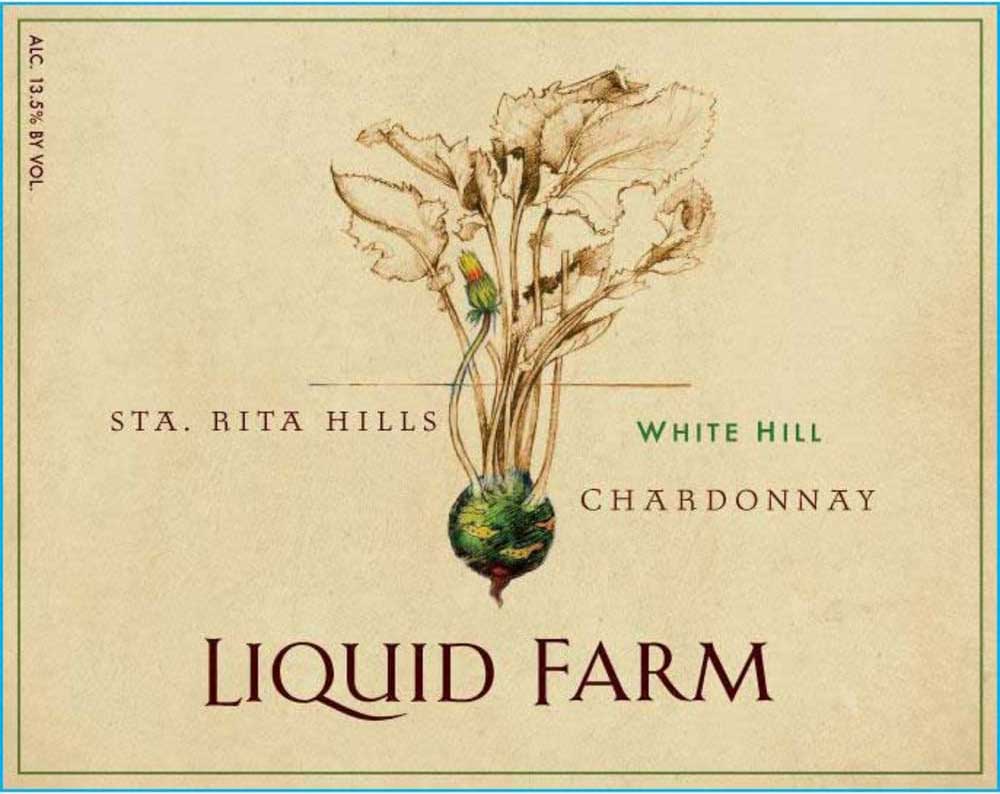In Islam, the consumption of alcohol, including wine, is strictly prohibited, a stance deeply rooted in religious doctrine and cultural values. This prohibition is grounded in the Quran and Hadith, which are the primary sources of Islamic teachings and law.
The Quran explicitly forbids intoxicants in several verses. For instance, Surah Al-Baqarah 2:219 acknowledges that while there is some benefit in alcohol, its harms far outweigh the benefits. The most direct prohibition comes from Surah Al-Ma’idah 5:90-91, which states, “O you who have believed, indeed, intoxicants, gambling, [sacrificing on] stone alters [to other than Allah], and divining arrows are but defilement from the work of Satan, so avoid it that you may be successful.” These verses emphasize that intoxicants are considered impure and harmful, and Muslims are instructed to avoid them to achieve success and righteousness.
The Hadith, which record the sayings and actions of the Prophet Muhammad, further reinforce this prohibition. The Prophet Muhammad is reported to have described alcohol as “the mother of all evils” and warned of its destructive impact on both individuals and society. The Hadith describe alcohol as a source of moral decay, impaired judgment, and societal discord.
The prohibition serves multiple purposes. Spiritually, it aligns with the Islamic emphasis on maintaining clarity of mind and ethical conduct. Intoxication can lead to impaired judgment and behavior that contradict Islamic values of self-control, responsibility, and moral integrity. Socially, the consumption of alcohol is seen as a factor that can lead to harmful behaviors, including violence and crime, which Islam seeks to prevent.
Health considerations also play a role. The adverse health effects of alcohol, including addiction, liver disease, and mental health issues, align with the Islamic principle of preserving one’s health and well-being. The prohibition reflects a broader Islamic concern for both the physical and spiritual health of individuals.
In summary, the prohibition of alcohol in Islam is a multifaceted directive aimed at safeguarding individuals’ spiritual integrity, societal harmony, and physical health.





















































